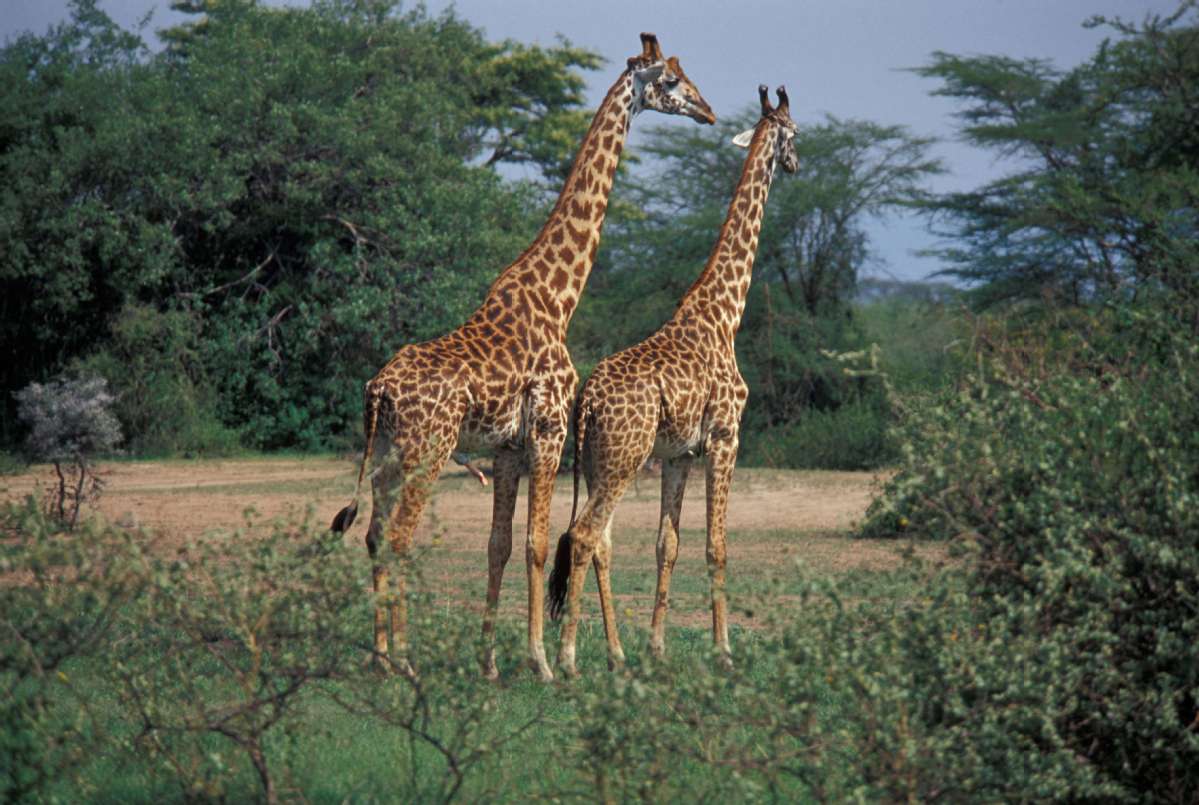World Bank report highlights climate change impact on Africa's recovery


Africa will be hardest hit by climate change, with an estimate of up to 86 million Africans expected to migrate within their own countries by the year 2050, according to a report released by the World Bank ahead of COP26.
Data from reports on countries in West Africa and the Lake Victoria Basin show climate migration hotspots could emerge as early as 2030.
Without concrete climate and development action, West Africa could see as many as 32 million people forced to move within their own countries by 2050, and for countries in the Lake Victoria Basin the number could reach 38.5 million, the report said.
"As countries are experiencing rises in temperatures, erratic rainfall, flooding and coastal erosion, Africans will face unprecedented challenges in the coming years," said Ousmane Diagana, World Bank vice-president for western and Central Africa.
Slow-onset climate change impacts, like water scarcity, lower crop and ecosystem productivity, sea level rise and storm surges will increasingly cause people to migrate; some places will become less livable because of heat stress, extreme events and land loss while other areas may become more attractive because of climate-induced changes like increased rainfall.
According to the report, these unattended, expected shifts will not only lead to climate-induced migration, but potentially deepen existing vulnerabilities and lead to increased poverty, fragility, conflict and violence.
However, efforts to support green, inclusive and resilient development could reduce the scale of climate migration by 30 percent in the Lake Victoria region and as much as 60 percent in West Africa, the report said.
Hafez Ghanem, World Bank vice-president for Eastern and Southern Africa, explained investment in resilience and adaptation could promote green industries, and when paired with investments in health, education, the digital economy, innovation and sustainable infrastructure, also have tremendous potential to create climate-smart jobs and boost economic growth.
"A focus on women's empowerment is critical to improve human capital and to reap the demographic dividend—significant aspects of building climate resilience in the years to come," Ghanem said.

































